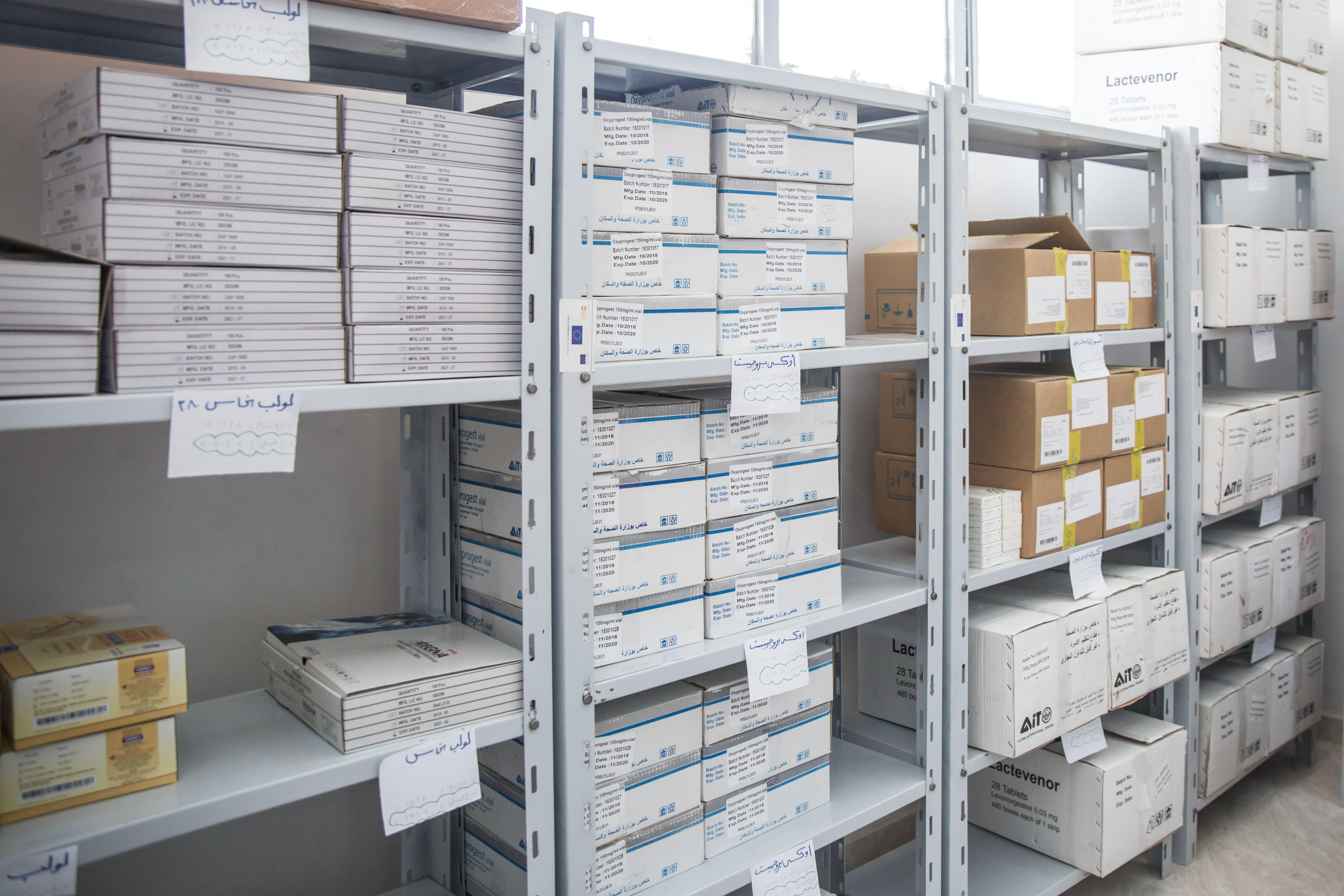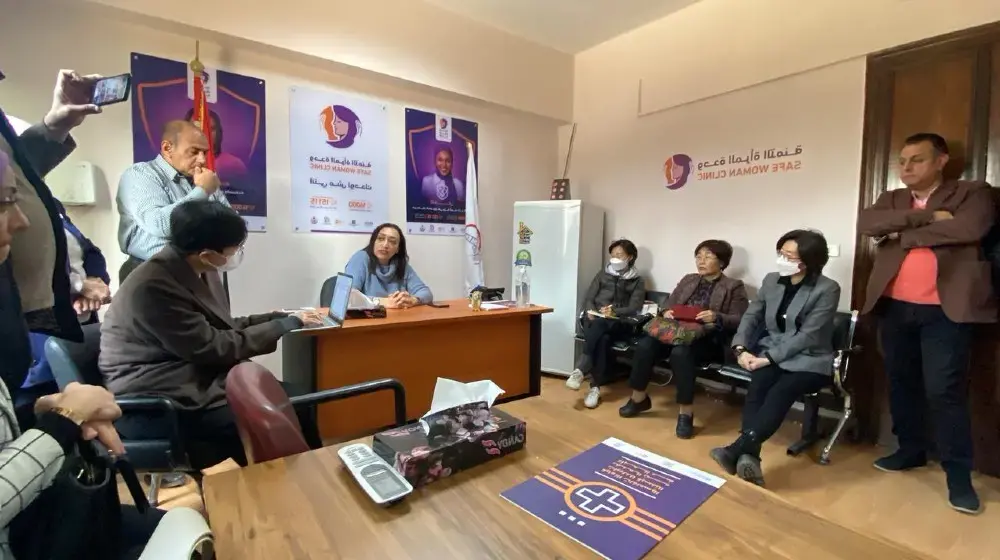With the COVID-19 outbreak straining public health systems globally, UNFPA Egypt is working with national partners, UN agencies and private sector to support the fight against the pandemic and ensure that reproductive health services are not deterred by the outbreak.
In its COVID-19 emergency response plan, UNFPA Egypt focused on three main pillars; support the national healthcare system to respond to COVID-19, and ensure that case management and referral pathway accommodates the needs of pregnant women with COVID-19, address the immediate sexual and reproductive health, maternal and family planning needs and address the consequences of the pandemic on gender-based violence and gender overall.
UNFPA is supporting the Ministry of Health and Population in its response to COVID-19 by procuring EGP 1,518,000 worth of personal protective equipment for frontline health workers, in collaboration with the World Health Organization and UNHCR. These included eye protective goggle, gloves and N95 masks, all in line with WHO’s and the Ministry of Health and Population’s specifications.
UNFPA is also supporting the infection prevention and control training of the ministry’s service providers at primary healthcare centers and well as the provision of virtual one-to-one psychological therapy and group therapy to health service providers to address the crisis stress.
Together with the Ministry of Health and Population, UNFPA is working to ensure the continuity of care and services at primary healthcare centers, and to strengthen family planning commodity security and procurement. It also closely monitoring the effect of the COVID-19 outbreak on reproductive health services, including on the stock of family planning commodities.
While there is no evidence of a specific risk on pregnant women, WHO and UNFPA recommend that pregnant women with symptoms of COVID-19 be prioritized for testing. UNFPA is also ensuring the continuity of maternal health and other reproductive health services, including antenatal and postnatal care and access to safe birth.
Over 45,000 hygiene/dignity kits will also be distributed, in coordination with the Ministry of Health and Population and the Ministry of Social Solidarity, and with contributions from a number of private sector companies, to frontline health workers, girls and women in quarantine, or isolation, and those at high risk, and vulnerable populations, including refugees and asylum seekers. The kits will include basic hygiene items such as sanitary pads, hand soap, disinfectants, toilet paper among other items.
Because women face an increased risk of domestic abuse and other forms of gender-based violence in times of crisis, UNFPA is reviewing and updating of the referral pathways and services addressing GBV, and compensate for the disruption of services, in particular clinical management of rape survivors (CMR).
UNFPA’s Safe Spaces also continue to offer the essential package of services, addressing gender-based violence, for the most vulnerable boys, girls, men and women.
Through a number of online community engagement activities, UNFPA is also helping people and communities communicate about how to reduce the risks contracting COVID-19.
As the battle against COVID-19 continues, UNFPA will continue to prioritize the needs of women and girls, as part of its overall effort to achieve the three transformative results; ending unmet need for family planning, ending preventable maternal deaths, and ending gender-based violence and harmful practices by 2030.




